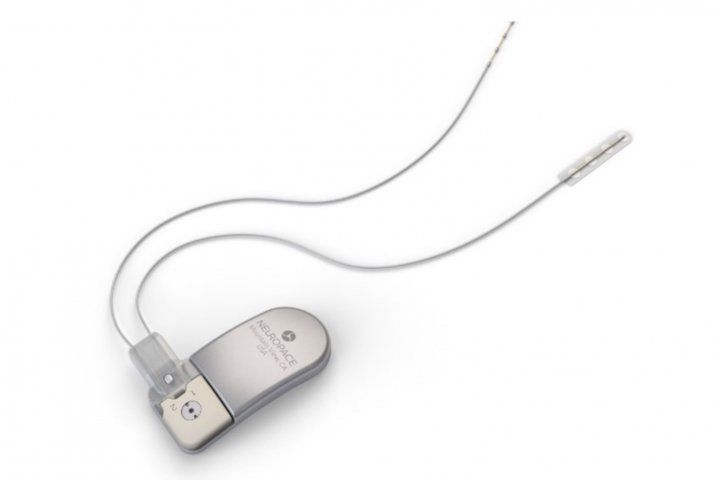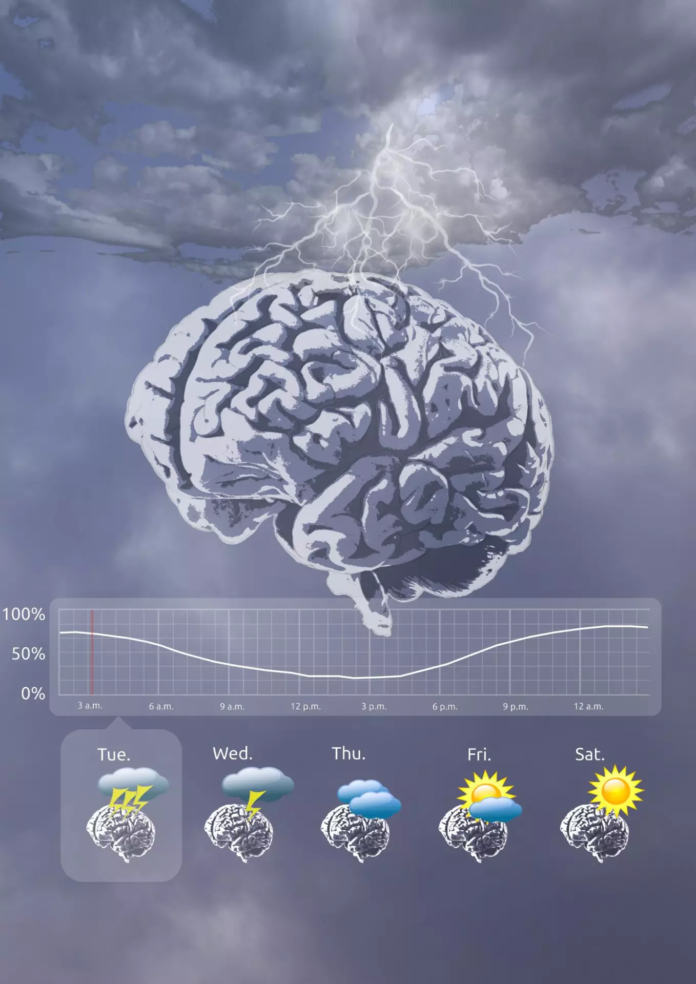A team of neuroscientists has successfully used brain implants to predict seizures in patients suffering from epilepsy.
Around 50 million people worldwide suffer from epilepsy. The neurological disorder is characterized by spontaneous seizures, which are brief moments of uncontrollable electrical activity in the brain. Due to their unpredictability, patients’ quality of life is often affected. However, recent research has shown that seizures occur cyclically, over hours and days, and are not as random as we thought. Therefore, a team of neuroscientists set out to investigate whether these brain patterns can be used to predict seizures days in advance.
For forty years, efforts to predict seizures have focused on developing early warning systems, which at best could give patients warnings just a few seconds or minutes in advance of a seizure. This is the first time anyone has been able to forecast seizures reliably several days in advance, which could really allow people to start planning their lives around when they’re at high or low risk.
Dr. Vikram Rao, co-senior author of the study
Scientists Use Brain Implant to Predict Seizures
A team of neuroscientists from UC San Francisco (UCSF), the University of Bern, and the University of Geneva, have developed a technique that can predict seizures one to several days in advance. They used a brain implant, the NeuroPace RNS system, to study the long-term seizure-related brain activity of patients with epilepsy. The RNS system was originally designed to detect and halt imminent seizures.

Scientists fitted 18 participants with brain implants to track their brain activity over several years. Using this data, the researchers then developed an algorithm to predict a seizure. They tested this algorithm on the available data from over 150 individuals. All of whom were a part of a decade-long clinical trial of the RNS System. They published their findings in the journal The Lancet Neurology.
Using the algorithm, the researchers were able to accurately forecast seizures three days before onset in 40% of the participants. Whereas, in 66% of the subject they predicted the seizure a day in advance. Furthermore, the data provided researchers with a look at the electrical activity of the brain during seizures. This helped them identify periods of high, moderate, and low seizure risk
Risk Does Not Equal Certainty
Dr. Rao stresses that a high risk does not always mean a seizure will take place. Several other factors can also trigger a seizure in individuals. However, such predictive models will likely give back control to patients by telling them their risk of seizures for a day. Thus, allowing them to adjust their medications and plan their day accordingly.
I don’t think I’m ever going to be able to tell a patient that she is going to have a seizure at precisely 3:17 pm tomorrow — that’s like predicting when lightning will strike. But our findings in this study give me hope that I may someday be able to tell her that, based on her brain activity, she has a 90 percent chance of a seizure tomorrow, so she should consider avoiding triggers like alcohol and refrain from high-risk activities like driving.
Dr. Vikram Rao, co-senior author of the study
Reference:
Proix, T., et al. (2020) Forecasting seizure risk in adults with focal epilepsy: a development and validation study. Lancet Neurology. doi.org/10.1016/S1474-4422(20)30396-3.




